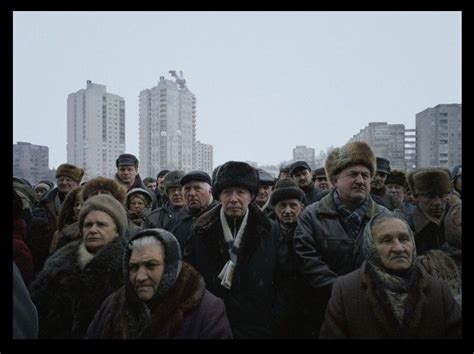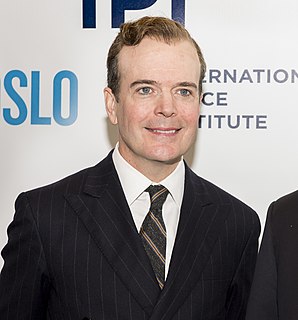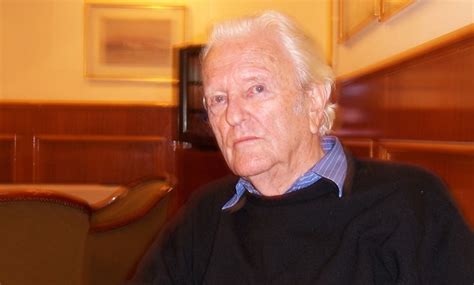A Quote by Camilo Jose Cela
Literature is the denunciation of the times in which one lives.
Quote Topics
Related Quotes
It is a characteristic of any decaying civilization that the great masses of the people are unconscious of the tragedy. Humanity in a crisis is generally insensitive to the gravity of the times in which it lives. Men do not want to believe their own times are wicked, partly because it involves too much self-accusation and principally because they have no standards outside of themselves by which to measure their times.
The amplification of our diverse literary voices is a political act of resistance. Our lives are important, too. Our lives should be represented in our literature. And that literature is vital, compelling, and accessible. That literature deserves to be disseminated and noticed and available. And with respect to the dissemination and promotion of diverse voices - librarians, educators, and editors of literary journals play such an important role. They deserve not only a hearty shout out, but also our thanks and support.
Part of my methodological approach is made explicit when I discuss ways in which literature can have philosophical significance. Literature doesn't typically argue - and when it does, it's deadly dull. But literature can supply the frame within which we come to observe and reason, or it can change our frame in highly significant ways. That's one of the achievements I'd claim for Mann, and for Death in Venice.
There is nothing so charming as the knowledge of literature; of that branch of literature, I mean, which enables us to discover the infinity of things, the immensity of Nature, the heavens, the earth, and the seas; this is that branch which has taught us religion, moderation, magnanimity, and that has rescued the soul from obscurity; to make her see all things above and below, first and last, and between both; it is this that furnishes us wherewith to live well and happily, and guides us to pass our lives without displeasure and without offence.
Modern Arabic literature achieved international recognition when Mahfouz was awarded the Nobel prize in 1988 (.....) Mahfouz also rendered Arabic literature a great service by developing, over the years, a form of language in which many of the archaisms and cliches that had become fashionable were discarded, a language that could serve as an adequate instrument for the writing of fiction in these times.







































